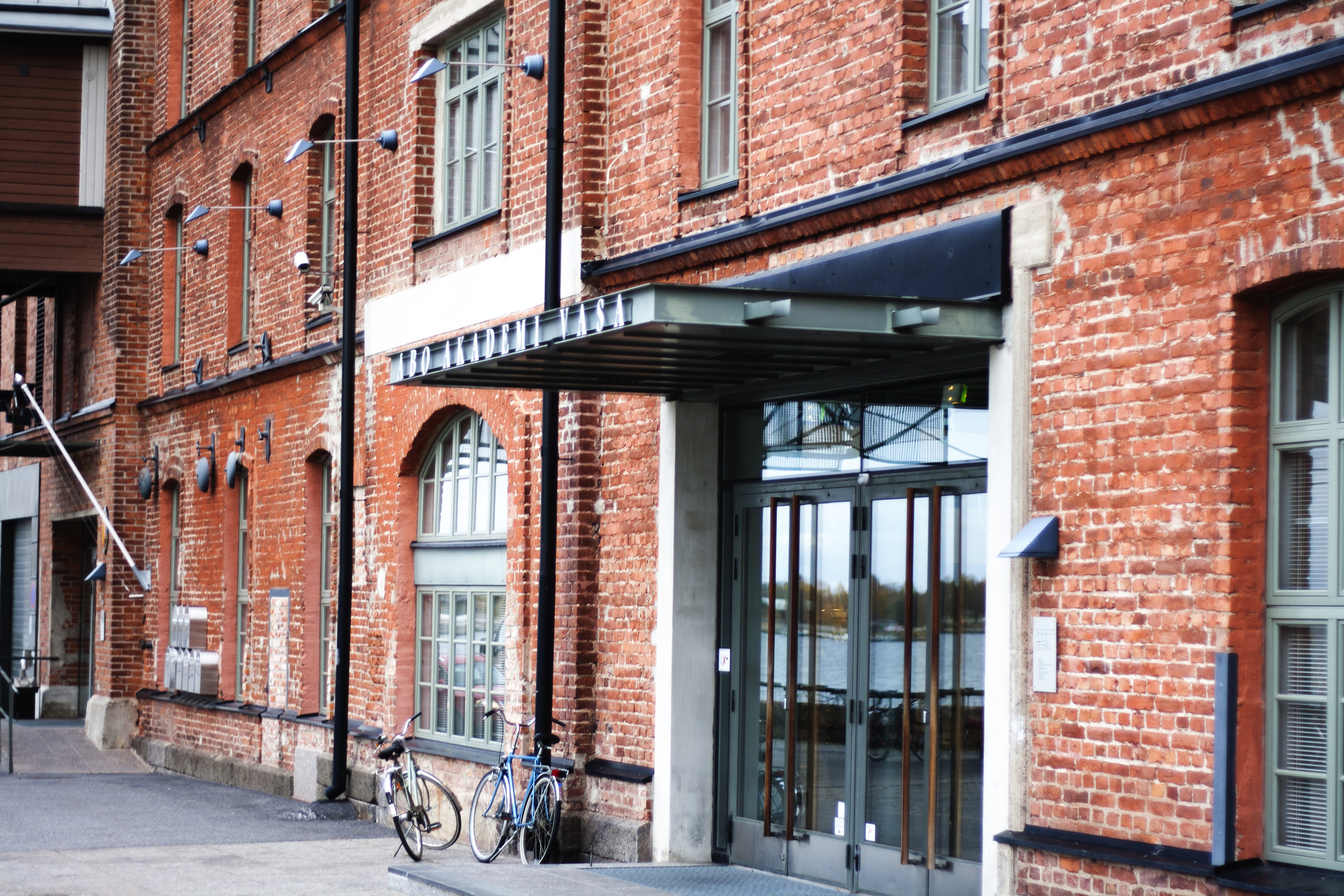Åbo Akademi University takes pride in its values diversity, openness, courage, participation and sustainability. The university’s profile focusing on minority research has its core in the Swedish-speaking minority on the national level, but it also builds on a broad understanding of minority research: its focus extends to minorities on a global level and encompasses both old and new minorities (migrants and refugees) as well as the processes of minoritization and resistance they engender.
This kind of built-in strategic support for societal and individual minority research gives an excellent starting point to further develop linguistically sensitive teacher education for all. A lot had already been done prior to the launch of Listiac project, for example, organising mandatory modules on intercultural pedagogy and providing language immersion and CLIL programmes. Listiac was warmly welcomed by the teacher educators with comments such as “something needs to be done” and “it’s about time we start to think more about this”.
The positive attitudes were later confirmed in the local teacher education staff reflections made by using the Listiac reflection tool Dialogue mat. The teacher educators expressed it as their obligation to support each learner’s opportunities to succeed in life by providing linguistically and culturally sensitive teacher education.
Explicit Policy Change to Pave the Way for Change on a Wider Scale
A raw acknowledgement of not always knowing how to go about it, exactly, was also tangible in the reflections. The question was how to make the change happen in the everyday practices and not only in strategies, visions and values of the teacher education? Anyone acquainted with initial teacher education recognizes the dilemma of trying to find space for new contents or activities in the education curriculum, however important the topic might be.
Despite of this, we –the Listiac team at Åbo Akademi University – were genuinely convinced that we would be able to add a note or two about linguistically sensitive teaching in multiple course descriptions, pushing the change through an explicit focus on policy. This new, more explicit policy would in turn support our efforts to push through the change on a wider scale in the practices.
Linguistically Sensitive Teaching Highlighted in Didactics Course
Spring 2020 came not only with the opportunity of renewing course descriptions, it came with Covid-19 sending out major tremors in the very core of our European well-being. Suddenly, rather than planning for the future, we struggled to survive the day, frantically trying to find solutions for student teachers to complete their practicums in closed schools.
Luckily, we did succeed to collect student teacher reflections on linguistically sensitive teaching and managed to identify several points of interest for further development of both Listiac reflection tools and how to integrate those tools in initial teacher education for class teachers.
Partly as a radical solution to secure the project survival and as a friendly offering of a helping hand to our exhausted teacher education colleagues, the local team decided to take some of the workload in the third-year student course Didactics II. During the course the language dimension of learning is now highlighted in the whole teaching process: in the planning based on aims and goals, responsive feedback given during the lessons, classroom interaction, and in the evaluation of learning. The students also reflect on their teacher identity with a specific focus on linguistically sensitive and responsive schools.
After the course the students will participate in practicum in schools. During their practicum they observe linguistically sensitive teaching, a task that has been integrated in the teacher education curriculum for all students as a concrete result of the Listiac project.
We cannot offer any quick fix solution as an answer to the question of How to do it?. We need to keep on talking about these things together with future teachers, even during a pandemic. This way we will make the change happen, albeit slowly, one student teacher reflection at a time.



